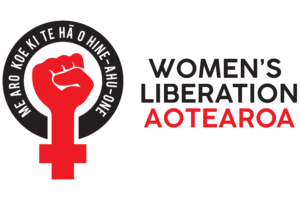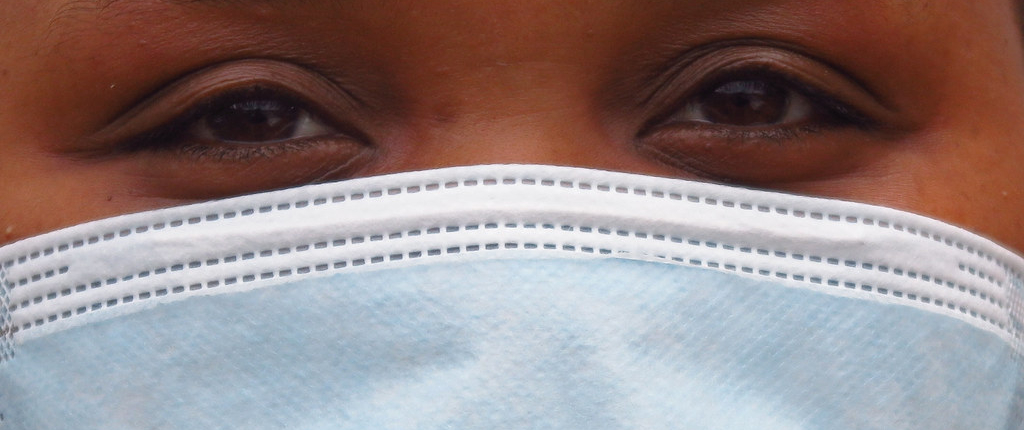A Force of Nature
By: Karolyn
17 October 2021
We’re all in this together.
Covid-19 is a force of nature, wreaking havoc in a world dominated by a highly mobile, technological society. And the most expert of humans have been scrambling to respond in a way that saves lives, health, and livelihoods.
In keeping with the natural evolution of viruses, Covid-19 has continually mutated, and this leads to ongoing uncertainties and inequalities. The research so far is highlighting that in this pandemic both biological sex differences, and socially constructed, gendered behaviours are significant factors that need to be clearly separated in much of the research. Increasingly it is those on low incomes, as well as the disaffected and precarious sections of our society, that are most at risk of the health and social impacts of the pandemic. It highlights the need for a more egalitarian society in which we are all in this together.
Most people will get a mild or moderate dose of Covid and recover, but many will die at a rate higher than for the flu. Here the effectiveness of immune systems is crucial, because older people, and those with weakened immune systems are more likely to die.
The Delta variety is highly infectious, and with a greater number of people infected, more people will die. Many of the survivors will suffer Long Covid (1). This is when a person continues to have health problems long after the original infection has gone. Debilitating symptoms can include fatigue, breathlessness, brain fog, chest and joint pains, and stomach and heart issues.
The international statistics show that men die more often from Covid-19, but a greater number of women suffer from Long Covid (2). The reasons for this have not yet been fully established in medical research. There are two broad causes being looked at for Long Covid (3): sex-based (biological) differences between male and female immune systems, and behavioural differences between men and women resulting in more women being sensitive to, and reporting, Long Covid symptoms.
One thing is clear from the evidence: vaccinations do make a difference. People who have been double jabbed are less likely to be infected by Covid. When they are, they are infectious for a shorter period, are less likely to pass it on to others, and far less likely to be hospitalised or die as a result.
In New Zealand, 1855 people have tested positive for the latest Delta Outbreak since August 2021 (4). Of those, more women than men have been hospitalised, as is the case in earlier outbreaks of Covid-19. In keeping with overseas research, since early last year, 6 females and 13 males have been in ICUs.
We are fortunate that the latest outbreak has resulted in only 2 deaths. From the first cases in early 2020 to 15 October 2021 New Zealand has had 4,538 people test positive for Covid, and 28 people have died. The lower death rate for this latest outbreak is likely to be due to the increasing numbers of people (especially older and more at-risk people) being double vaccinated, plus due to greater restrictions in rest homes. Furthermore, New Zealanders have become more used to wearing masks, physical distancing, and basic hygiene measures – and for those of us in Level 3, staying in our household bubbles as much as possible. All that matters.
For Long Covid vaccinations also make a difference (5). Some research overseas shows that vaccinated people who have recovered from Covid are 50% less likely to develop Long Covid.
This is a situation in which vaccinations plus other measures matter. It is also one where we are all in this together. The current outbreak has exposed some of the vast income and wealth inequalities that have developed in recent decades in New Zealand. Now it is lower income people who are more likely to get Covid, and some tend to be suspicious of authorities. This has resulted in a few not complying with advice on safe behaviours, as well as not getting vaccinated.
Furthermore, many already on low incomes are now struggling to pay the bills and buy food. There’s been a big increase in people wanting food parcels since the latest Covid outbreak (6).
Lessons from Covid:
-
- As a society, we need to take heed of the lessons from Covid, and not ever return to the divisive and risky, neoliberal-driven society of the pre-Covid era. It’s a society in which highly infectious diseases can thrive and circulate internationally with extreme speed.
- We need on-going health research that factors in the crucial sex-based differences between males and females, and between biological sex and socially constructed behaviour.
- As individuals, if you haven’t already done so, check out the info about getting vaccinated (7). No one will be free until we all are free from this unleashed force of nature.
Notes:
-
- Shin Jie Yong “Long COVID or post-COVID-19 syndrome: putative pathophysiology, risk factors, and treatments”, May 2021 https://www.ncbi.nlm.nih.gov/pmc/articles/PMC8146298/
- Maxime Tarquet et al, “Incidence, co-occurrence, and evolution of long-COVID features: A 6-month retrospective cohort study of 273,618 survivors of COVID-19” September 2021. https://journals.plos.org/plosmedicine/article?id=10.1371/journal.pmed.1003773
- Healio July 2021, https://www.healio.com/news/infectious-disease/20210713/why-is-long-covid19-reported-more-often-among-women-than-men
- NZ Ministry of Health, COVID-19: Case demographics, updated 15 October 2021, https://www.health.govt.nz/our-work/diseases-and-conditions/covid-19-novel-coronavirus/covid-19-data-and-statistics/covid-19-case-demographics#aug-2021
- Healthline, “People Who Are Vaccinated and Get COVID-19 Are Half as Likely to Have Long-Term Symptoms” https://www.healthline.com/health-news/people-who-were-vaccinated-and-got-covid-19-were-half-as-likely-to-have-long-term-symptoms
- Sarah Robson, RNZ, October 2021 https://www.rnz.co.nz/news/national/453509/need-for-food-parcels-doubled-in-level-4-auckland-city-mission
- NZ Ministry of Health, Covid-19 Vaccines https://www.health.govt.nz/our-work/diseases-and-conditions/covid-19-novel-coronavirus/covid-19-vaccines
Image credit: Tim Dennell, ‘Covid-19, Sheffield UK’.


Leave a Reply
Want to join the discussion?Feel free to contribute!